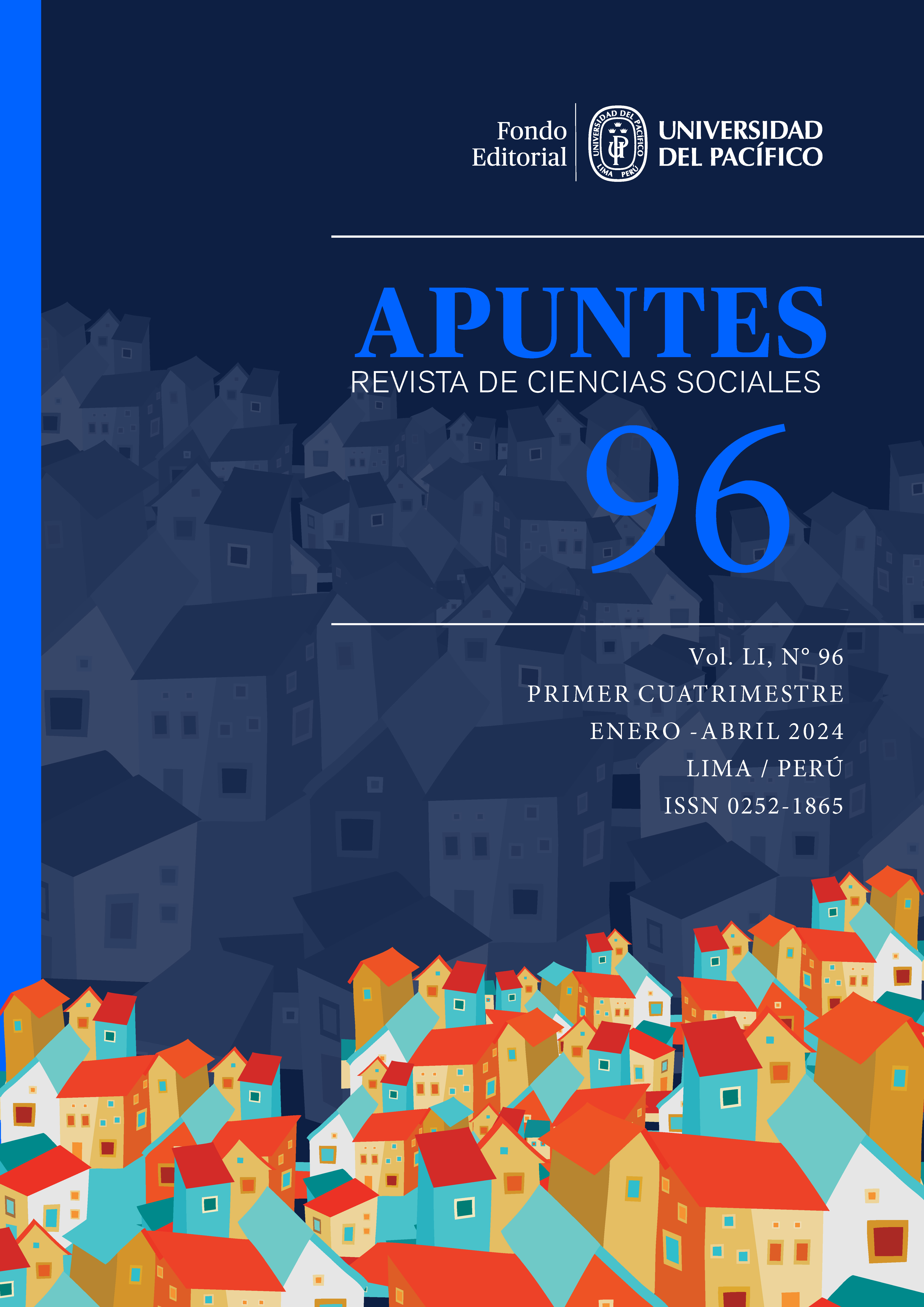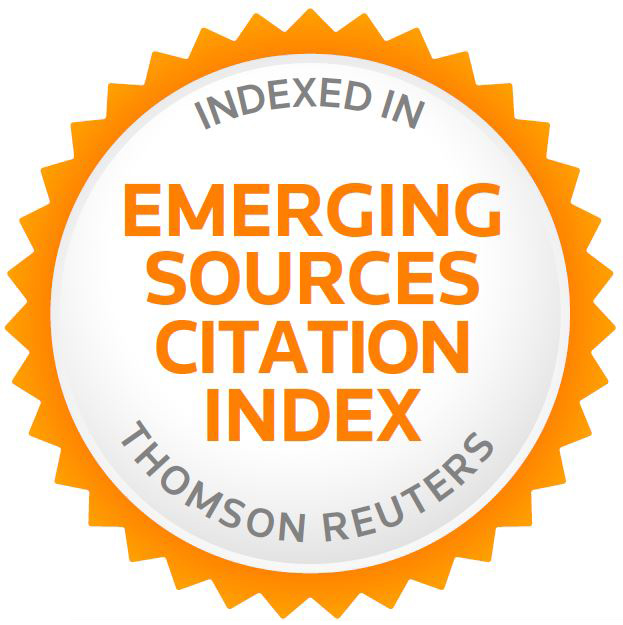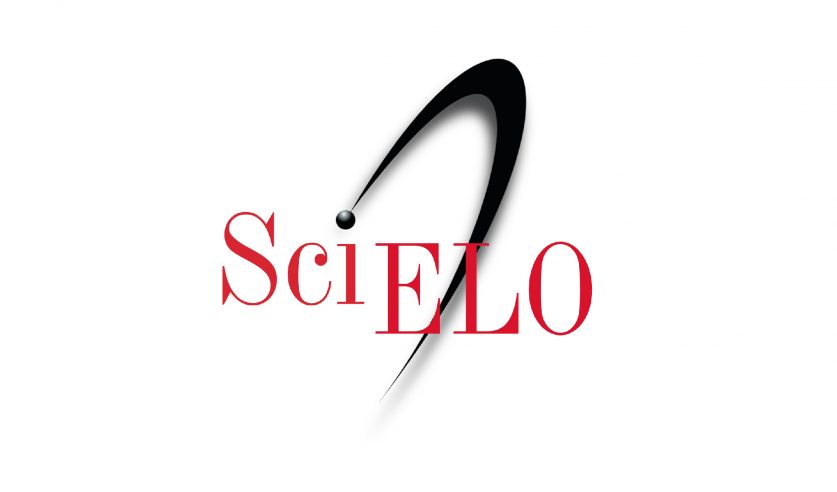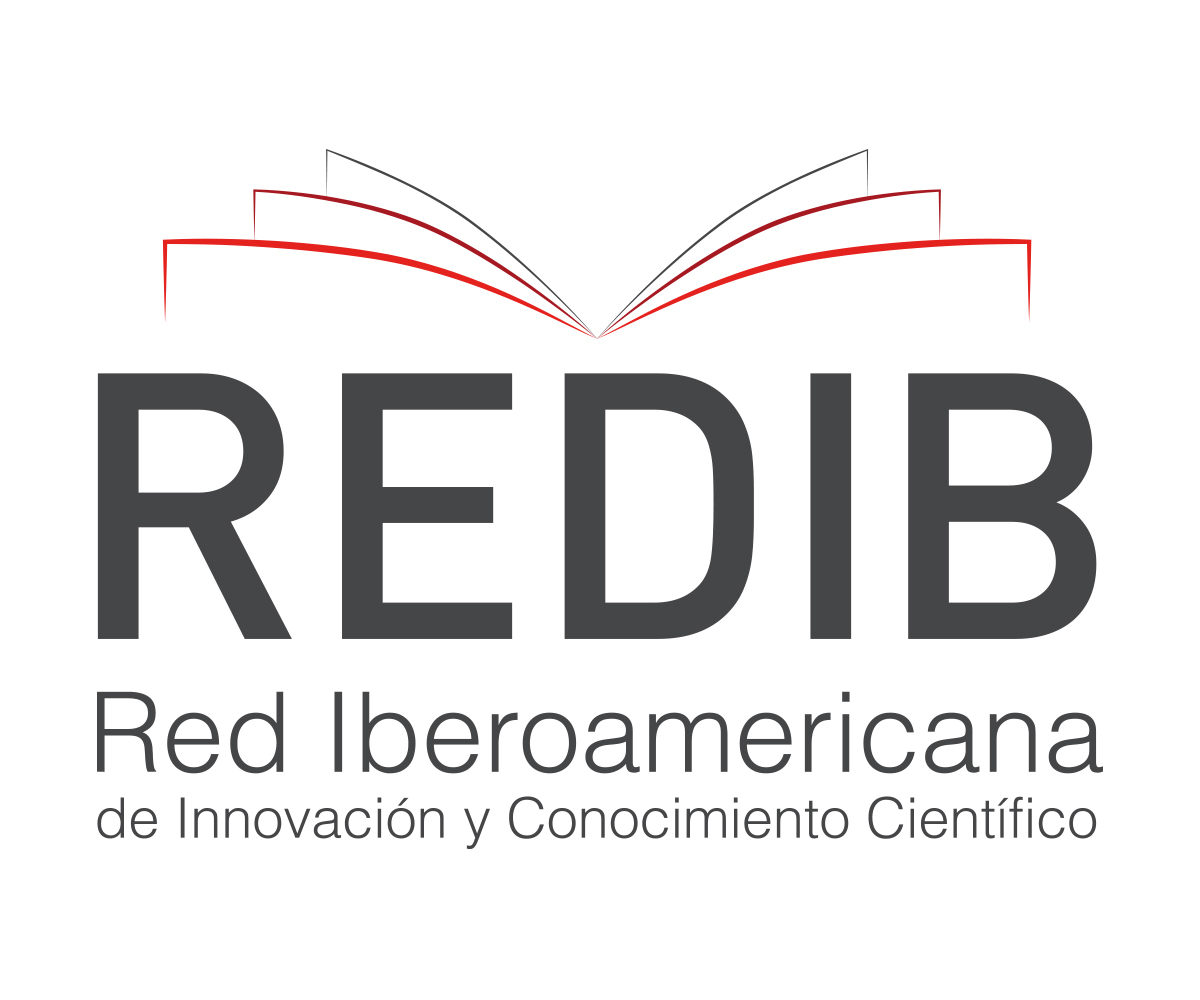Predictores individuales para la detección y difusión de desinformación sobre COVID-19 a través de WhatsApp
Resumen
Este estudio examina predictores cognitivos, ideológicos y sociodemográficos de la detección e intención de compartir desinformación sobre el COVID-19 vía WhatsApp. Mediante una encuesta en línea, una muestra convencional de 553 adultos costarricenses fue expuestos a contenidos desinformativos sobre vacunas y la respuesta estatal a la pandemia. Los resultados muestran que las personas que apoyan ideologías autoritarias, conservadora y pro-Estado, y personas con bajo pensamiento reflexivo, fueron más proclives a aceptar y compartir desinformación. Además, entre personas con bajo pensamiento reflexivo, aquellas con mayor edad mostraron una mayor detección de desinformación. Finalmente, las personas muy religiosas y conservadores jóvenes con menor nivel educativo, mostraron mayor intención de compartir desinformación.Referencias
América Latina: Aproximaciones desde la encuesta a expertos 2009. Revista de Ciencia Política, 29(3), 775-78. http://dx.doi.org/10.4067/S0718-090X2009000300005
Antonio Guterres [@antonioguterres] (2020, March 27). Example of social media post
[Status update]. Twitter. https://twitter.com/antonioguterres/status/1243748397019992065
Author (2021).
Bago, B., Rand, D. G., & Pennycook, G. (2020). Fake news, fast and slow: Deliberation
reduces belief in false (but not true) news headlines. Journal of experimental psychology: general, 149(8), 1608-1613. https://doi.org/10.1037/xge0000729
Bobbio, N., Matteucci, N., & Pasquino, G. (2004). Il Dizionario di Politica. Torino: UTET.
Brennen, JS., Simon, F., Howard, PN., & Nielsen, RK. (2020). Types, sources, and claims
of COVID-19 misinformation. Reuters Institute. https://reutersinstitute.politics.ox.ac.uk/types-sources-and-claims-covid-19-misinformation
Bronstein, M. V., Pennycook, G., Bear, A., Rand, D. G., & Cannon, T. D. (2019). Belief
in fake news is associated with delusionality, dogmatism, religious fundamentalism, and reduced analytic thinking. Journal of Applied Research in Memory and Cognition, 8(1), 108-117. https://doi.org/10.1016/j.jarmac.2018.09.005
Centro de Investigación y Estudios Políticos (CIEP). Informe de resultados del estudio
de opinión sociopolítica de marzo del 2018. https://ciep.ucr.ac.cr/wp-content/uploads/2021/04/Informe-de-resultados-del-Estudio-de-Opinio%CC%81n-Sociopoli%CC%81tica-marzo-2018.pdf (accessed 12 August 2021).
Conway, L. G. III, Houck, S. C., Gornick, L. J., & Repke, M. A. (2018). Finding the loch
ness monster: left-wing authoritarianism in the United States. Political Psychology, 39, 1049–1067. https://doi.org/10.1111/pops.12470
De keersmaecker, J., & Roets, A. (2019). Is there an ideological asymmetry in the moral approval of spreading misinformation by politicians?. Personality and Individual Differences, 143, 165-169. https://doi.org/10.1016/j.paid.2019.02.003.
Deppe, K. D., Gonzalez, F. J., Neiman, J., Pahlke, J., Smith, K., & Hibbing, J. R. (2015).
Reflective liberals and intuitive conservatives: A look at the Cognitive Reflection Test and ideology. Judgement and Decision Making, 10(4), 314-331. https://digitalcommons.unl.edu/poliscifacpub
Douglas, K. M., Uscinski, J. E., Sutton, R. M., Cichocka, A., Nefes, T., Ang, C. S., &
Deravi, F. (2019). Understanding conspiracy theories. Political Psychology, 40, 3-35. https://doi.org/10.1111/pops.12568
Egelhofer, J. L., & Lecheler, S. (2019). Fake news as a two-dimensional phenomenon: a
framework and research agenda. Annals of the International Communication Association, 43(2), 97-116. https://doi.org/10.1080/23808985.2019.1602782
Fessler, D. M., Pisor, A. C., & Holbrook, C. (2017). Political orientation predicts credulity
regarding putative hazards. Psychological Science, 28(5), 651-660. https://doi.org/10.1177/0956797617692108
Freelon, D., Marwick, A., & Kreiss, D. (2020). False equivalencies: Online activism from
left to right. Science, 369, 1197–1201. https://doi.org/10.1126/science.abb2428
Gómez Cruz, E., & Harindranath, R. (2020). WhatsApp as ‘technology of life’: Reframing research agendas. First Monday, 25(12). https://doi.org/10.5210/fm.v25i12.10405.
Guess, A., Nagler, J., & Tucker, J. (2019). Less than you think: Prevalence and predictors
of fake news dissemination on Facebook. Science advances, 5(1), 1-8. https://doi.org/10.1126/sciadv.aau4586
Howe, L. D., Hargreaves, J. R., Ploubidis, G. B., De Stavola, B. L., & Huttly, S. R. (2011).
Subjective measures of socio-economic position and the wealth index: a comparative analysis. Health policy and planning, 26(3), 223-232. https://doi.org/10.1093/heapol/czq043
Ireton, C., & Posetti, J. (2018). Journalism, fake news & disinformation: Handbook for journalism education and training. UNESCO Publishing.
Jones-Jang, S. M., Mortensen, T., & Liu, J. (2021). Does media literacy help identification
of fake news? Information literacy helps, but other literacies don’t. American Behavioral Scientist, 65(2), 371-388. https://doi.org/10.1177/0002764219869406
Jost, J. T., Glaser, J., Kruglanski, A. W., & Sulloway, F. J. (2003). Political conservatism as
motivated social cognition. Psychological bulletin, 129(3), 339-375. https://doi.org/10.1037/0033-2909.129.3.339
Kahneman, D. (2011). Thinking, fast and slow. London: Macmillan.
Latinobarómetro. (2018). Informe 2018. Corporación Latinobarómetro.
https://www.latinobarometro.org/latContents.jsp
McKee, M., & Middleton, J. (2019). Information wars: tackling the threat from
disinformation on vaccines. BMJ. https://researchonline.lshtm.ac.uk/id/eprint/4653303/1/bmj.l2144.full.pdf
Mosleh, M., Martel, C., Eckles, D., & Rand, D. (2021). Perverse Downstream
Consequences of Debunking: Being Corrected by Another User for Posting False Political News Increases Subsequent Sharing of Low Quality, Partisan, and Toxic Content in a Twitter Field Experiment [Conference]. Proceedings of the 2021 CHI Conference on Human Factors in Computing Systems, Yokohama, Japan.
Operario, D., Adler, N.E., & Williams, D.R. (2004). Subjective social status: reliability and
predictive utility for global health. Psychology and Health, 19, 237–46. https://doi.org/10.1080/08870440310001638098
Pennycook, G., & Rand, D. G. (2019). Lazy, not biased: Susceptibility to partisan fake
news is better explained by lack of reasoning than by motivated reasoning. Cognition, 188, 39-50. https://doi.org/10.1016/j.cognition.2018.06.011
Pignataro, A., & Cascante, M. (2018). Los electorados de la democracia costarricense.
Percepciones ciudadanas y participación en torno a las elecciones nacional de 2014. San José: IFED-TSE.
Resende, G., Melo, P., Sousa, H., Messias, J., Vasconcelos, M., Almeida, J., & Benevenuto, F. (2019). (Mis)information dissemination in WhatsApp: Gathering, analyzing and countermeasures [Conference]. The World Wide Web Conference, San Francisco, United States.
Rollwage, M., Dolan, R. J., & Fleming, S. M. (2018). Metacognitive failure as a feature of
those holding radical beliefs. Current Biology, 28(24), 4014-4021. https://doi.org/10.1016/j.cub.2018.10.053
Roozenbeek, J., Schneider, C. R., Dryhurst, S., Kerr, J., Freeman, A. L., Recchia, G., ... &
Van Der Linden, S. (2020). Susceptibility to misinformation about COVID-19 around the world. Royal Society open science, 7(10), 1-15. https://doi.org/10.1098/rsos.201199
Sartori, G. (1995). Elementi di teoria politica. Bologna: il Mulino.
Sartori, G. (2005). Partidos y sistemas de partidos. Madrid: Alianza Editorial.
Shu, K., Wang, S., & Liu, H. (2018, April). Understanding user profiles on social media
for fake news detection [Conference]. 2018 IEEE Conference on Multimedia Information Processing and Retrieval (MIPR), Florida, United States.
Tristán Jiménez, L. & Sibaja Villalobos, I. (2021). Culpables, conjuros, remedios y amenazas: análisis discursivo de las teorías de la conspiración y de la desinformación sobre la COVID-19 en Costa Rica. In I. Siles, L. Tristán-Jiménez, & C. Carazo-Barrantes (Eds.) Verdad en extinción: miradas interdisciplinarias a la desinformación en Costa Rica (pp 227-273). CICOM, University of Costa Rica.
Sinclair, A. H., Stanley, M. L., & Seli, P. (2020). Closed-minded cognition: Right-wing
authoritarianism is negatively related to belief updating following prediction error. Psychonomic bulletin & review, 27(6), 1348-1361. https://doi.org/10.3758/s13423-020-01767-y
Sindermann, C., Elhaib, J., Moshagen, M., & Montag, Ch. (2020): Age, gender, personality, ideological attitudes and individual differences in a person’s news spectrum: How many and who might be prone to “filter bubbles” and “echo chambers” online? Heliyon, 6(1), e03214. https://doi.org/10.1016/j.heliyon.2020.e03214
Tagliabue, F., Galassi, L., & Mariani, P. (2020). The “pandemic” of disinformation in COVID-19. SN comprehensive clinical medicine, 2(9), 1287-1289. https://doi.org/10.1007/s42399-020-00439-1
Tandoc Jr, Edson C. (2021). Fake news. In H. Tumber, & S. Waisbord (Eds.), The Routledge companion to media misinformation and populism (pp. 110–117). Routledge.
Tardáguila, C. (2019). Falsehoods Outperform Facts in Brazilian WhatsApp Groups, Study Shows. Poynter.org. https://www.poynter.org/fact-checking/2019/falsehoods-outperform-facts-in-brazilian-whatsapp-groups-study-shows/
Thomson, K. S., & Oppenheimer, D. M. (2016). Investigating an alternate form of the
cognitive reflection test. Judgment and Decision making, 11(1), 99-113. https://doi.org/10.1037/t49856-000
Valenzuela, S., Bachmann, I., & Bargsted, M. (2021). The personal is the political? What do Whatsapp users share and how it matters for news knowledge, polarization and participation in Chile. Digital Journalism, 9(2), 155-175. https://doi.org/10.1080/21670811.2019.1693904
Van Bavel, J. J., & Pereira, A. (2018). The partisan brain: An identity-based model of
political belief. Trends in cognitive sciences, 22(3), 213-224. https://doi.org/10.1016/j.tics.2018.01.004
Van Deursen, A. J., Helsper, E. J., & Eynon, R. (2016). Development and validation of the
Internet Skills Scale (ISS). Information, Communication & Society, 19(6), 804-823. https://doi.org/10.1080/1369118X.2015.1078834
Van Deursen, A. J., & Van Dijk, J. A. (2009). Using the Internet: Skill related problems in
users’ online behavior. Interacting with computers, 21(5-6), 393-402. https://doi.org/10.1016/j.intcom.2009.06.005
Van Deursen, A. J., & Van Dijk, J. A. (2014). Digital skills: Unlocking the information
society. New York: Springer.
Wagner, C., & Boczkowski, P. J. (2019). The reception of fake news: The interpretations and practices that shape the consumption of perceived misinformation. Digital Journalism, 7(7), 870–885. https://doi.org/10.1080/21670811.2019.1653208
Wenzel, A. (2019). To Verify or to Disengage: Coping with ‘Fake News’ and Ambiguity. International Journal of Communication, 13, 1977–1995. Available at http://ijoc.org.

Esta obra está bajo licencia internacional Creative Commons Reconocimiento 4.0.
Apuntes, revista de Ciencia Sociales publica todos sus artículos y reseñas bajo la licencia Creative Commons Attribution (CC BY 4.0) con el objetivo de fomentar el intercambio académico a nivel mundial. Por ello, la obra en cuestión puede ser distribuida, remezclada, retocada, etc., como el autor y los lectores de la misma lo estimen conveniente. La única condición es que se cite a la revista Apuntes, revista de Ciencias Sociales como entidad editora del texto.








.jpg)



